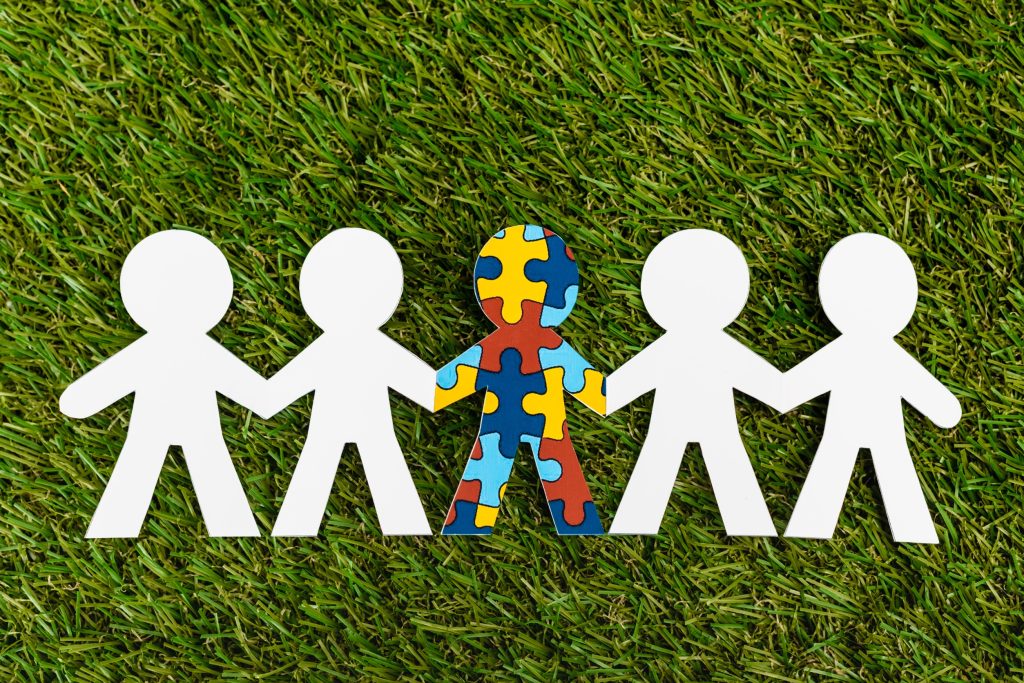Junk food and sugary treats are everywhere. While it’s convenient to grab burgers and fries to go, these items, as well as candy, cookies and pop are full of empty calories. “they’re ‘fast sugars’ in that they are quickly absorbed without any nutritional elements for the brain and metabolism,” says Cristina Fernandez, M.D., pediatrician with Children’s Physicians. “Eating junk foods stimulates the ‘hunger hormone,’ ghrelin, which leads to craving more unhealthy food.”
Nearly 1 in 3 children in America is overweight or obese.
THERE ARE PLENTY OF REASONS TO CURB THE JUNK FOOD HABIT. The resultant blood-sugar spike likely revs up a child, who then crashes into fatigue. A child might also feel irritable, stressed out and bloated. Regularly eating sweets and junk food results in unnecessary weight gain, risking obesity. This can lead to fatty liver disease, kidney problems, elevated cholesterol and triglycerides, diabetes, sleep apnea, chronic headaches, depression and other health issues as children get older, says Dr. Fernandez.
EVEN COST IS A FACTOR. While it may seem that unhealthier foods are easier on a budget, some junk foods cost more than the healthy alternative. Unhealthy processed foods also are higher in calories, salt, added sugars, carbohydrates, fats (trans and saturated) and other harmful ingredients.
TO HELP INSTILL HEALTHY EATING HABITS WHILE CHILDREN ARE YOUNG, START THIS HABIT AS EARLY AS POSSIBLE. For an infant, choose baby foods carefully, paying attention to added sugar amounts in each brand. Whatever the age, the more children eat healthier foods, the more likely they’ll prefer them and enjoy the benefits of less added sugar.



